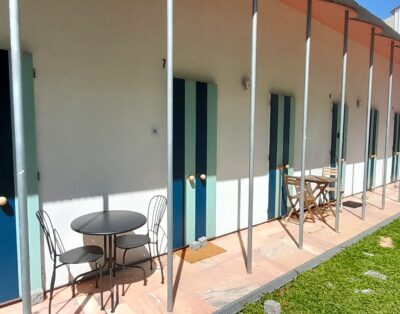MH7 The Impact of Portugal’s Housing Decree-Law: What Comes Next?

Charting the Future of Housing in Portugal
As we conclude our series on Portugal’s groundbreaking Housing Decree-Law, it’s time to look forward to the potential long-term impacts of this comprehensive legislation on the nation’s housing market, urban landscapes, and social fabric. The Decree-Law represents a bold step towards addressing Portugal’s housing challenges, aiming to create a more inclusive, affordable, and sustainable housing ecosystem. This final post reflects on the anticipated outcomes of the legislation and the path ahead for Portugal’s communities.
Anticipated Outcomes of the Housing Decree-Law
- Increased Housing Availability and Affordability: By incentivizing the development of affordable housing, rehabilitating existing buildings, and converting local lodging units into long-term rentals, the Decree-Law aims to significantly increase the availability of affordable housing options across Portugal.
- Revitalized Urban Areas: The focus on urban rehabilitation and the empowerment of municipalities to lead these efforts are expected to breathe new life into underused and deteriorating urban spaces, transforming them into vibrant, livable communities.
- Strengthened Social Cohesion: The legislation’s emphasis on cooperative housing and community involvement in housing projects promotes a sense of belonging and shared responsibility, fostering stronger, more cohesive communities.
- Sustainable Development: With incentives for sustainable building practices and the development of mixed-use, community-oriented projects, the Decree-Law aligns Portugal’s housing market with broader environmental and sustainability goals.
The Path Ahead
While the Housing Decree-Law lays a solid foundation for addressing Portugal’s housing needs, its successful implementation will require sustained effort, collaboration, and adaptability. Key factors that will influence the legislation’s impact include:
- Effective Implementation: Ensuring that the mechanisms and incentives introduced by the Decree-Law are effectively implemented and accessible to all stakeholders is critical to realizing its full potential.
- Collaboration Across Sectors: The success of the legislation will depend on strong collaboration between the government, private sector, non-profit organizations, housing cooperatives, and local communities.
- Monitoring and Evaluation: Ongoing monitoring and evaluation will be essential to assess the impact of the Decree-Law on the housing market and to make necessary adjustments to policies and programs.
- Public Engagement: Engaging the public in the housing development process, through education and participation opportunities, will be crucial in ensuring that housing projects meet the actual needs of communities.
Conclusion
Portugal’s Housing Decree-Law represents a comprehensive and innovative approach to tackling the housing affordability crisis, setting a precedent for how governments can address complex social challenges through integrated policy frameworks. As Portugal embarks on this ambitious journey, the lessons learned and successes achieved have the potential to inspire similar initiatives globally.
The road ahead is long and will undoubtedly present challenges, but with continued commitment and collaboration, the goals of the Housing Decree-Law—to create a more inclusive, affordable, and sustainable housing market—are within reach. As we move forward, the transformation of Portugal’s housing landscape offers a beacon of hope for a future where everyone has access to a home that meets their needs and supports their well-being.













